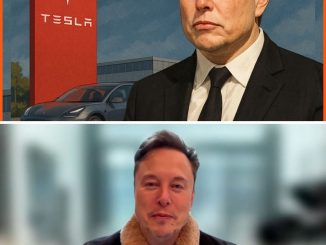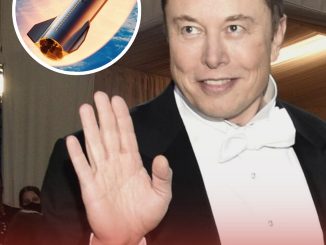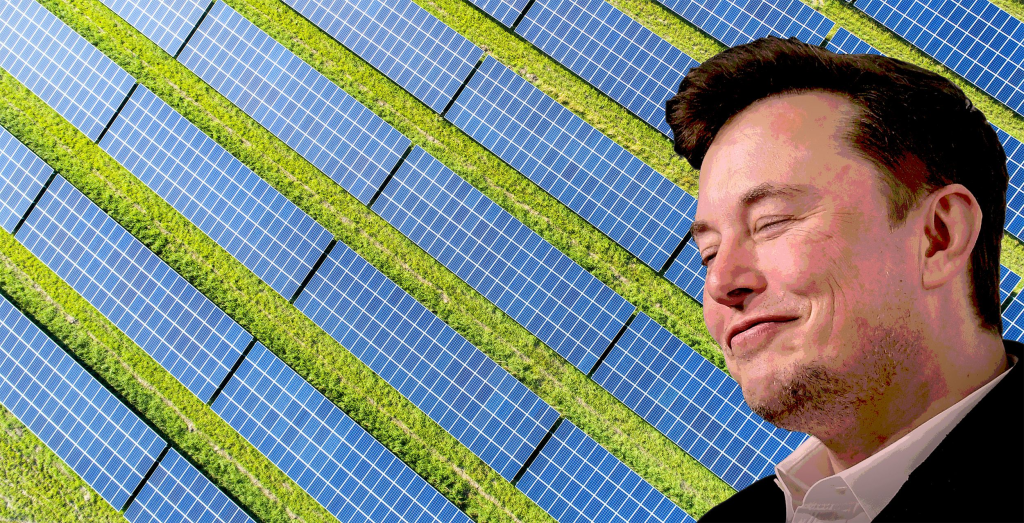
Elon Musk, the billionaire behind Tesla, has long been known for his ambitious vision to transform the transportation industry. As the CEO of Tesla, Musk has not only revolutionized electric vehicles but has also set his sights on redefining the future of energy consumption worldwide.Tesla’s influence extends far beyond the automotive sector, with Musk actively working to reshape the global energy landscape through the widespread adoption of renewable sources. Through innovations like solar panels, Powerwall batteries, and energy storage solutions, Musk is attempting to drive a global shift toward sustainable energy that could change the way we produce, store, and consume electricity.Tesla’s impact on renewable energy is often overshadowed by its electric vehicles. Yet, Musk’s true vision for a sustainable future hinges not only on transforming transportation but also on revolutionizing energy consumption across the globe.Musk’s leadership in both the electric vehicle market and the energy sector has been nothing short of transformative. With Tesla’s growing range of energy products, such as solar panels and the Powerwall home battery, Musk is working to create a more energy-efficient world.These products represent a vision that extends far beyond the confines of electric vehicles, encompassing a broader effort to decarbonize the energy infrastructure that powers homes, businesses, and entire countries.
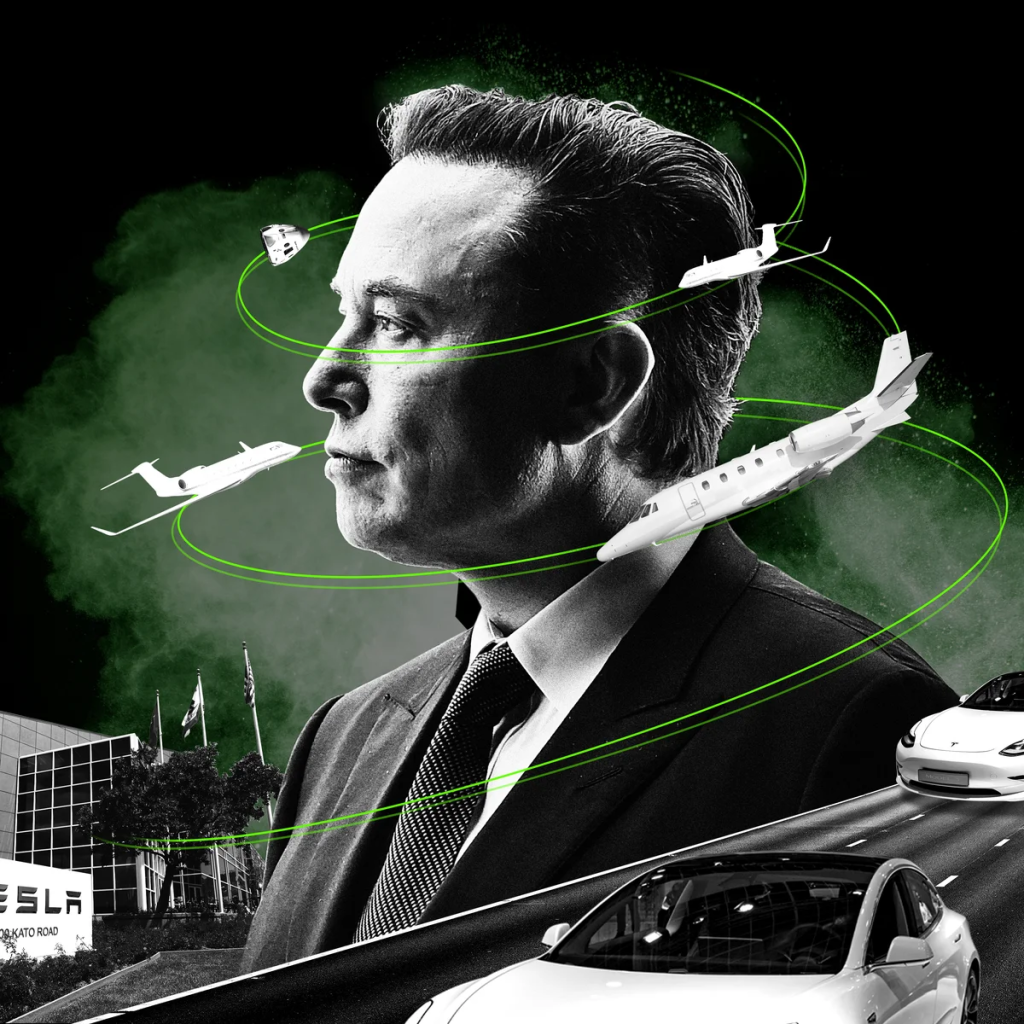
aAt the heart of Musk’s strategy for the future of energy is solar energy. Solar power has long been considered a key solution to the world’s energy problems, and Musk is keenly aware of its potential.Tesla’s solar panels are designed to be sleek, efficient, and affordable, making solar power more accessible for homeowners and businesses. In addition to solar energy production, Tesla has also developed the Powerwall, a home energy storage system that allows consumers to store excess solar energy for use during peak demand hours or in case of power outages.This combination of renewable energy production and storage is central to Musk’s vision of a decentralized, self-sustaining energy grid that reduces reliance on fossil fuels and mitigates the effects of climate change.Musk’s vision for Tesla’s energy products goes beyond simply providing individuals with the means to generate and store clean energy. He sees the development of a global renewable energy infrastructure as an essential step in achieving energy independence.By promoting the widespread adoption of solar panels and energy storage solutions
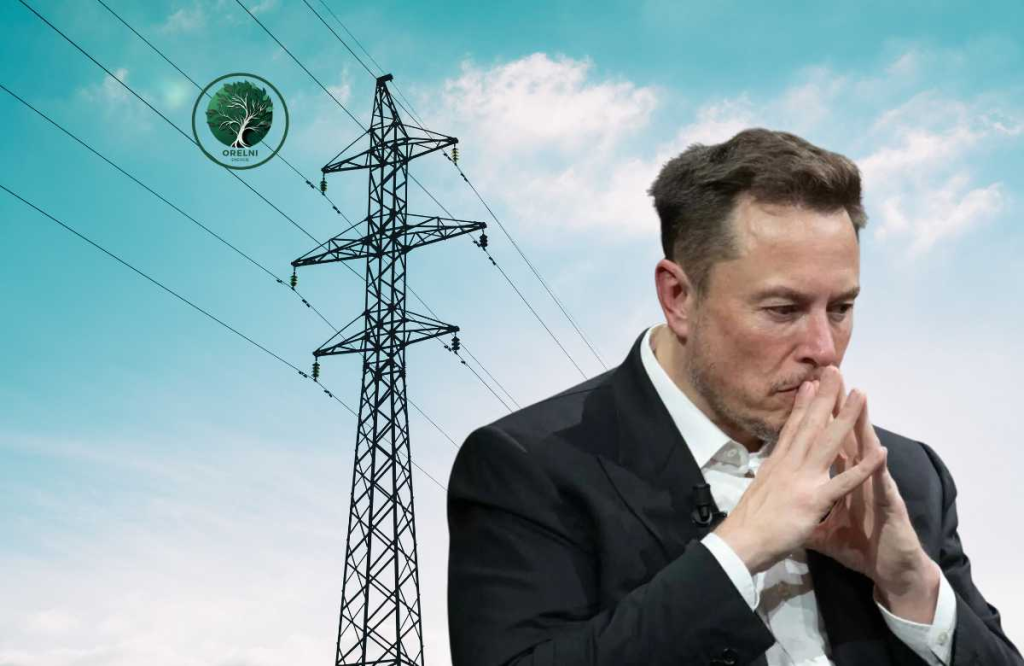
Musk hopes to create a system where individuals and communities can generate their own electricity and become less dependent on centralized, fossil-fuel-based power grids.In this vision, renewable energy is not just a way to reduce carbon emissions, but also a way to empower individuals to take control of their own energy needs, reduce costs, and improve the resilience of local communities.The importance of Tesla’s energy products in the fight against climate change cannot be overstated. As the world faces increasingly severe environmental challenges, including rising global temperatures and extreme weather events, transitioning to renewable energy is seen as a crucial step in combating the effects of climate change.Musk has long been outspoken about the urgency of addressing climate change, and Tesla’s energy products are a key part of his strategy for achieving a more sustainable future. By making solar energy and energy storage more accessible and affordable, Tesla is helping to reduce greenhouse gas emissions and accelerate the global transition to a low-carbon economy.However, despite Tesla’s success in promoting renewable energy solutions, the company faces significant challenges in scaling up its energy products to meet global demand. The renewable energy market is highly competitive, with numerous players vying for market share in solar, storage, and energy management systems.In addition to Tesla, companies like SunPower, First Solar, and Vivint Solar are all working to make solar power more accessible and affordable. The competition is particularly intense in the energy storage market, where companies like LG Chem, Panasonic, and others are developing advanced battery technologies that could rival Tesla’s Powerwall.
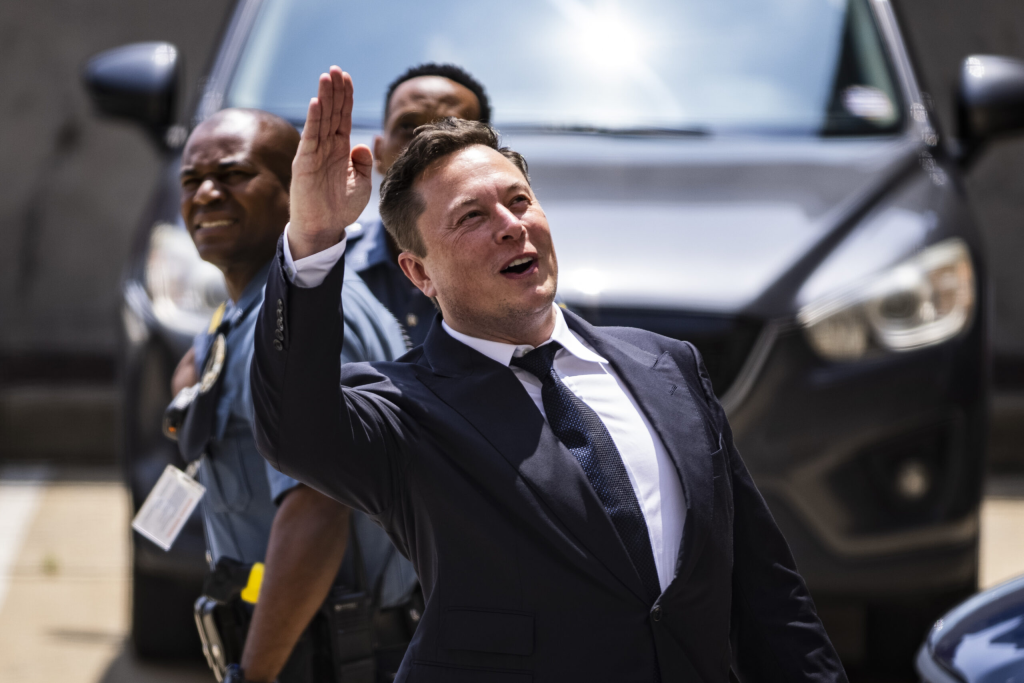
While Tesla remains a leader in the electric vehicle market, the company must continue to innovate and expand its energy offerings if it hopes to maintain its position as a leader in the renewable energy sector.Despite these challenges, Tesla’s growth in the energy sector has been impressive. The company’s energy division has grown rapidly, with revenue from its energy products reaching billions of dollars. In addition to providing products for individual consumers, Tesla has also made significant strides in providing large-scale energy solutions for businesses and utilities.Tesla’s energy storage systems, for example, have been deployed in numerous commercial and industrial settings, helping to balance supply and demand on the grid and reduce reliance on fossil fuels. Tesla’s solar roofs, which combine solar energy generation with roofing materials, have also garnered significant attention as an innovative solution for residential and commercial properties.One of the most notable examples of Tesla’s work in renewable energy is its involvement in the Hornsdale Power Reserve in South Australia. In 2017, Tesla completed the installation of a massive battery storage system at the site, which was designed to provide backup power to the region’s grid during times of peak demand.The project has been hailed as a success, providing a reliable and efficient source of backup power and demonstrating the potential of large-scale energy storage systems. Tesla’s work in South Australia has also helped to demonstrate the viability of renewable energy solutions at a commercial scale, further solidifying the company’s position as a leader in the energy sector.

While Musk’s vision for the future of renewable energy is ambitious, it is also rooted in a deep understanding of the challenges facing the energy industry. In addition to the competitive landscape and the technical hurdles associated with scaling up renewable energy solutions, Musk must also contend with the political and regulatory landscape surrounding energy policy.The transition to renewable energy is not just a matter of technological innovation; it is also a matter of policy and regulation. In many regions, the transition to renewable energy has been slowed by resistance from entrenched fossil fuel industries, as well as from policymakers who are reluctant to embrace change.Musk has been vocal about the need for stronger government support for clean energy solutions, including incentives for solar energy adoption and energy storage. However, he has also been critical of what he perceives as bureaucratic inefficiencies and obstacles that slow the pace of progress in the renewable energy sector.Musk’s vision for renewable energy is not just about reducing carbon emissions; it is about creating a sustainable and equitable energy future for all. As the world’s energy needs continue to grow, Musk sees renewable energy as the key to ensuring that humanity can meet these demands without sacrificing the health of the planet.By promoting decentralized energy solutions, Musk hopes to empower individuals and communities to take control of their own energy needs, reducing the need for large, centralized power grids and making energy more affordable and accessible.Tesla’s growing role in the renewable energy sector signals a shift in how we think about energy production and consumption. As Musk’s vision for a sustainable future continues to unfold, the company’s energy products will play an increasingly important role in shaping the future of the global energy landscape.Whether it’s through solar energy, energy storage, or innovative new technologies,

Tesla is at the forefront of the transition to a more sustainable and resilient energy future.In conclusion, Elon Musk’s vision for renewable energy is one that aims to transform the global energy landscape and reduce humanity’s reliance on fossil fuels. Through Tesla’s solar energy and energy storage products, Musk is working to create a more sustainable, decentralized energy system that empowers individuals and communities while addressing the challenges of climate change.While there are obstacles ahead, Musk’s commitment to renewable energy and his innovative approach to solving global energy problems make him a key figure in the fight for a sustainable future.As Tesla continues to expand its energy offerings and develop new technologies, Musk’s vision for a world powered by clean, renewable energy is becoming increasingly within reach.
